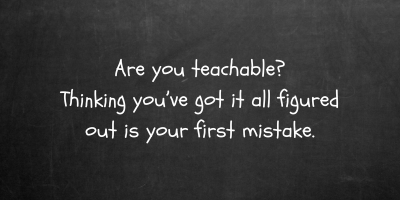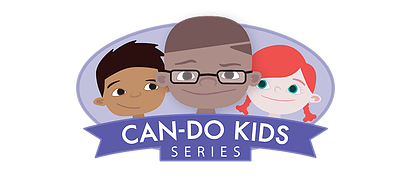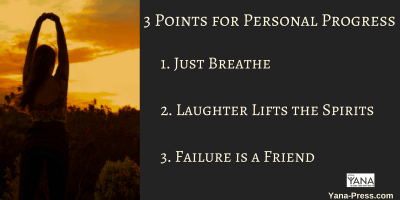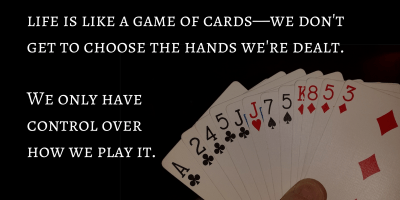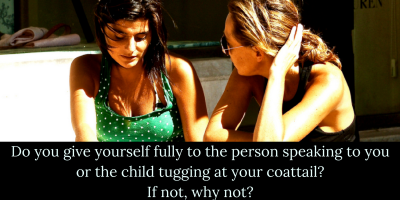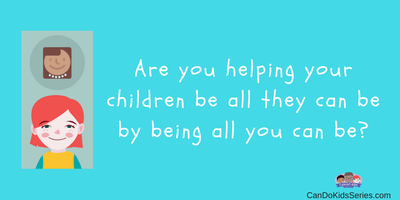Be Clear About Happiness vs. Joy
- By kaylajwmarnach
- •
- 24 May, 2017
- •

Always wanting to be happy can bring disillusionment, discontent, and anger, whereas finding joy in each situation, no matter how difficult it is, will bring peace.
Getting a new car can make you happy (it’s situational emotion), but only for a while because eventually it will get old. Enjoying sharing your car or taking people places brings joy each and every time (it is attitude-based).
Be happy today by finding the joy in life around you.
Kayla Marnach is the author of the Can Do Kids Series. Her newest book, I Can Do That! helps children learn self-regulating techniques. Told through rhyme from a child’s point of view, strategies are shared empowering the child to effectively learn and practice ways they can control their emotions and actions when they feel themselves becoming dysregulated. Order your copy today!
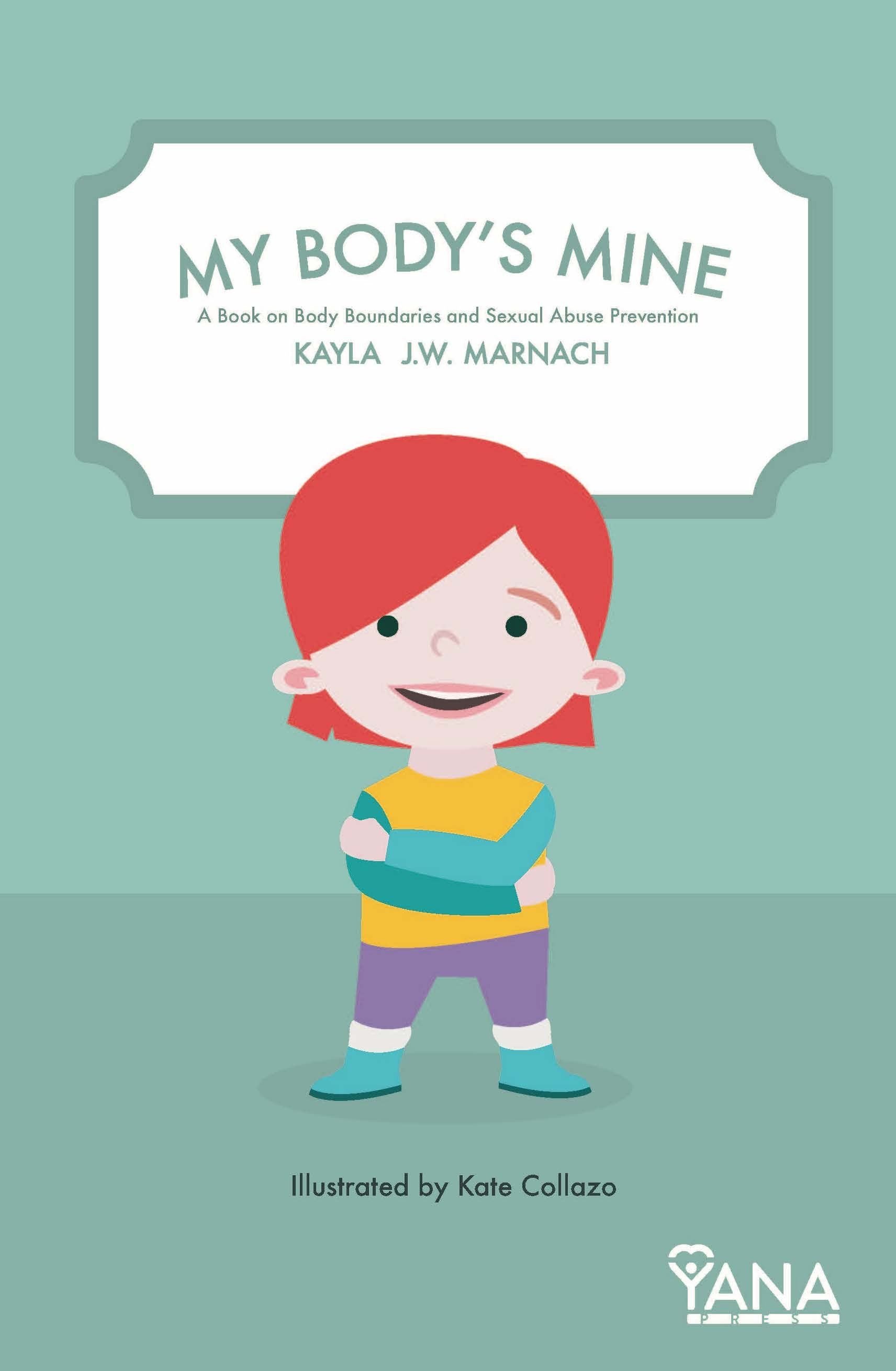
Because abuse has no boundaries, nothing is more important than protecting our children. As many as 93% of the victims under the age of 18 know the abuser. Because there is no “typical” abuser, it can happen to any child in any circumstance at any time. It happens to children of the elite and well-educated, as well as the latch-key kids of struggling parents. It can happen at daycare, a friend’s home, or even under our own roof. It occurs in the exclusive neighborhoods, as well as in middle-class areas, and poverty districts. If you think it doesn’t happen in your area, then you are leaving your child vulnerable to become the next victim.
Yet, even when we do what we believe is right, our child can still be abused either mentally, physically , or emotionally. Sometimes we fail, not because we didn’t try, but because we didn’t know any better, are uninformed, or choose to avoid the topic because it’s not easy to talk about. We don’t know how to make the discussion of body boundaries a part of our daily conversation or how to take advantage of teachable moments.
That naivety and avoidance must stop…today.
As parents and caregivers, it is our responsibility—one we must never shirk—to educate ourselves on how to communicate with our children about body boundaries and what to do if abuse is threatened or occurs. When abuse is discovered, we must not shut down in shame, fear, or anger. We can’t go back and undo the event, so we must learn and move forward with greater awareness and armed with tools to prevent reoccurrence. We must be willing to provide whatever our child requires to equip them to understand, accept, and learn they are not to blame for what happened.
Today is the day to make a difference in your child’s life or a child in your care. By your commitment to protect, educate, and empower each child, you are providing a priceless treasure.
Sign up and receive a free 5-Point Plan to talk to your child about body boundaries.

